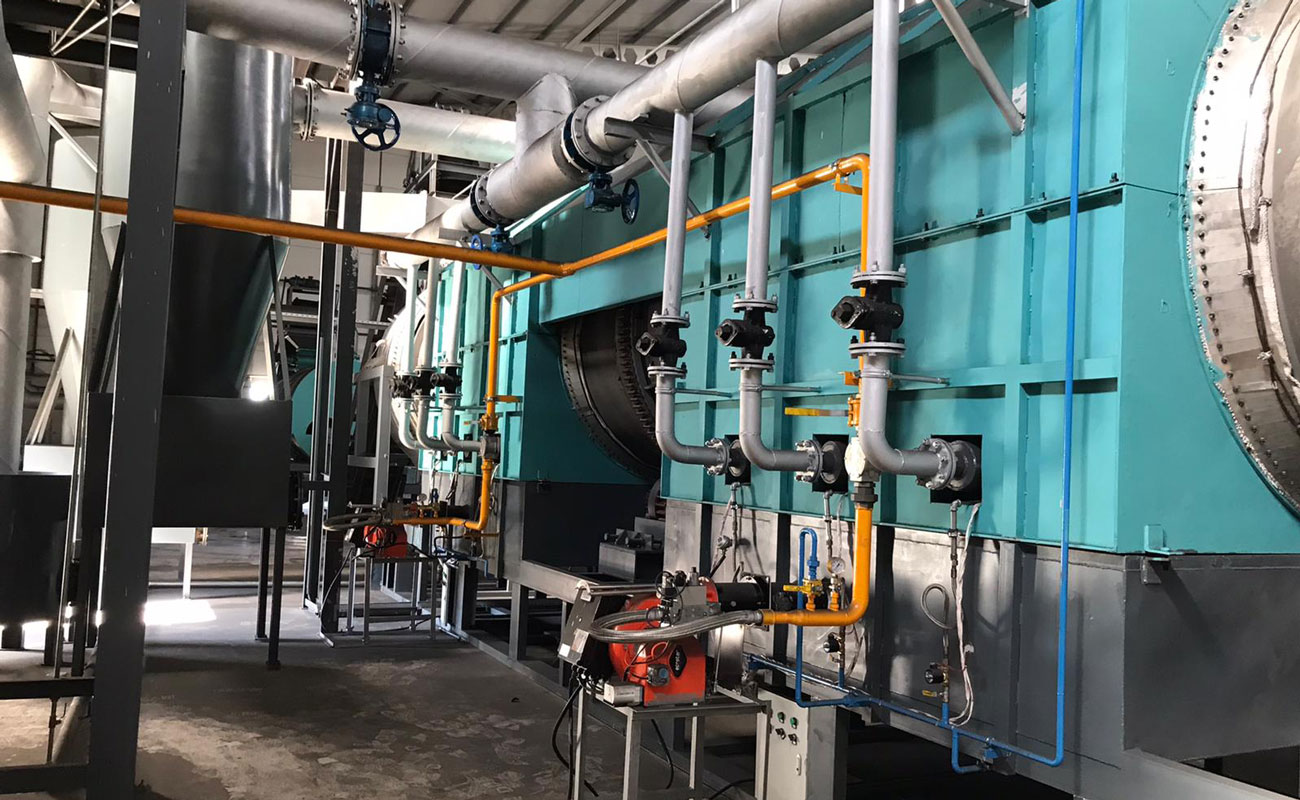In the realm of sustainable agriculture and environmental conservation, the utilization of mobile biochar machines for processing palm kernel shells presents a myriad of advantages. This innovative approach leverages cutting-edge technology to transform agricultural waste into valuable biochar, offering numerous benefits for both the environment and agricultural practices.
1. Portability and Flexibility
The primary advantage of mobile biochar machine is the portability and flexibility. Unlike traditional stationary biochar production facilities, mobile machines can be transported directly to the source of palm kernel shells, minimizing transportation costs and logistical complexities. This flexibility enables on-site processing, eliminating the need for long-distance transportation of bulky biomass materials.
2. Efficient Resource Utilization
By processing palm kernel shells using mobile biochar machines, agricultural waste that would otherwise be discarded or burned can be repurposed into a valuable soil amendment. Biochar produced from palm kernel shells is rich in carbon and essential nutrients, making it an ideal supplement for improving soil fertility and enhancing crop growth. This efficient utilization of resources promotes circular economy principles and reduces environmental impact.
3. Reduced Emissions and Environmental Impact
Mobile biochar machines employ advanced pyrolysis technology to convert palm kernel shells into biochar in a controlled environment, minimizing emissions of harmful gases such as methane and carbon dioxide. Compared to traditional open burning methods, biochar production through pyrolysis significantly reduces air pollution and greenhouse gas emissions, contributing to climate change mitigation efforts and improving air quality.

4. Carbon Sequestration and Soil Health
Biochar produced from palm kernel shells has excellent carbon sequestration capabilities, helping to mitigate climate change by storing carbon in the soil for extended periods. Additionally, the porous structure of biochar enhances soil water retention, nutrient retention, and microbial activity, thereby improving soil structure, fertility, and resilience to drought and erosion. These benefits contribute to long-term soil health and productivity.
5. Versatility and Applications
Mobile biochar machines offer versatility in processing various biomass feedstocks, including palm kernel shells, rice husks, coconut shells, and wood chips. This versatility enables farmers and landowners to utilize locally available agricultural residues to produce biochar, creating value from waste and diversifying revenue streams. Moreover, biochar derived from palm kernel shells can be used in various agricultural, horticultural, and environmental applications, including soil amendment, composting, and wastewater treatment.
6. Economic Opportunities and Rural Development
The deployment of palm kernel shell charcoal making machine creates economic opportunities and promotes rural development in palm oil-producing regions. By adding value to agricultural waste streams, farmers and communities can generate additional income, reduce reliance on chemical fertilizers, and improve agricultural productivity sustainably. Furthermore, the establishment of biochar production enterprises stimulates local economies, creates jobs, and fosters innovation in the renewable energy sector.
7. Adaptability to Remote Locations
In remote or off-grid areas where access to electricity and infrastructure is limited, mobile biochar machines offer a viable solution for sustainable waste management and biochar production. These compact and self-contained units can operate autonomously using biomass-derived heat or alternative energy sources such as solar power or biomass gasification. As such, they can be deployed in remote agricultural regions without relying on centralized utilities or fossil fuels.
Conclusion
In conclusion, the adoption of mobile biochar machines for processing palm kernel shells offers a multitude of advantages, ranging from portability and efficiency to environmental sustainability and economic development. By harnessing the power of pyrolysis technology, these innovative machines enable the conversion of agricultural waste into valuable biochar, which can enhance soil health, mitigate climate change, and create economic opportunities for communities. As the demand for sustainable agriculture and renewable energy continues to grow, mobile biochar machines represent a promising solution for addressing both environmental and socio-economic challenges in palm oil-producing regions.

Comments
No comments yet. Be the first to react!